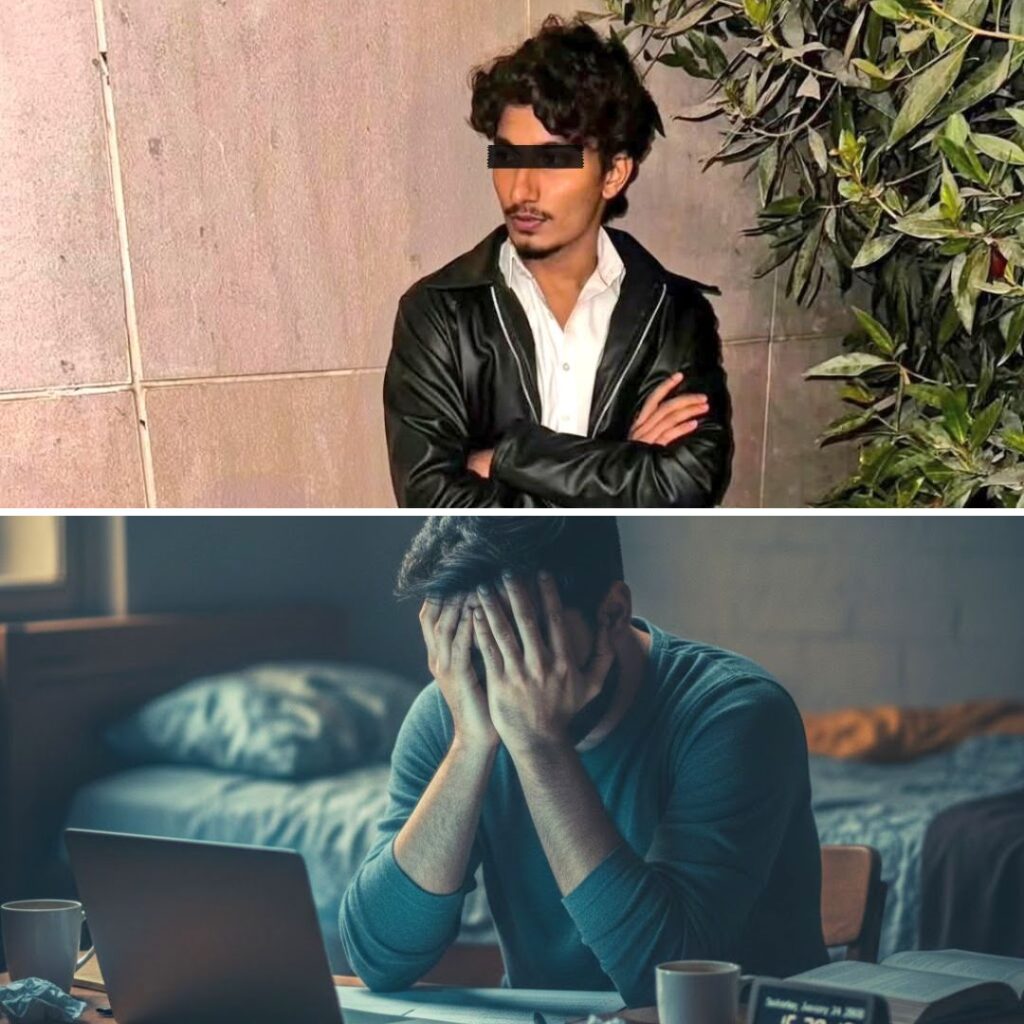A 38-year-old woman doctor named Rohini from Guntur district, Andhra Pradesh, died by suicide in her Hyderabad flat after her US visa application was rejected, police and family sources have confirmed.
The incident came to light on November 22, 2025, when her domestic help alerted family members after repeated attempts to reach her failed.
Upon forcibly entering the flat in Padma Rao Nagar, the family found Rohini deceased.
A suicide note was recovered in which Rohini cited depression stemming from the visa rejection and the failure of a personal relationship as reasons for her tragic decision. The police registered a case and conducted a post-mortem before handing over the body to the family.
Rohini’s Journey and Aspirations
Rohini was a brilliant and dedicated medical professional who completed her MBBS in Kyrgyzstan from 2005 to 2010, maintaining an excellent academic record throughout.
After returning to India, she resided in Hyderabad, specifically choosing Padma Rao Nagar for its proximity to libraries and resources to prepare for further specialisation. Rohini was preparing to specialise in Internal Medicine and had secured a residency position at a college in the United States-a significant milestone in her career.
She had cleared the United States Medical Licensing Examination (USMLE) steps and completed clinical observerships in the US. Her mother, Lakshmi Rajyam, said Rohini had been anxiously awaiting the approval of her J-1 visa, necessary to begin the residency programme.
Emotional Toll of Visa Rejection and Personal Struggles
Rohini’s dream of advancing her medical career in the US was shattered by the denial of her visa application, reportedly due to the tightening of visa rules by the US government. This rejection significantly affected her mental health, pushing her into deep depression.
The suicide note revealed that along with the visa rejection, the failure of a marriage proposal also contributed to her despair. Police investigations suggest she took an overdose of sleeping pills or possibly an injection on the night of November 21 before her death. Neighbours described her as withdrawn and mentally exhausted in recent weeks.
Despite her mother’s counsel to continue practising medicine in India, Rohini believed opportunities-including income and manageable patient load-were better in the US.
Her mental state worsened as she faced mounting pressure from the US institution to join the residency programme promptly to avoid losing her place.
Context on US Visa Policies and Mental Health Awareness
The denial of J-1 visas often relates to the applicant’s ability to prove strong ties to their home country or meet other specific consular requirements under Section 214(b) of the Immigration and Nationality Act.
Recent policy tightening and heightened scrutiny on foreign medical professionals trying to enter the US have created additional hurdles. Rohini’s case is reflective of broader challenges faced by many Indian doctors and professionals aspiring to work abroad, where visa denials can cause significant emotional distress.
Mental health experts emphasize that such high-pressure situations-career setbacks combined with personal disappointments-can lead to depression and anxiety, underscoring the urgent need for accessible mental health support systems.
Authorities are urging families and communities to stay vigilant for warning signs and support those in distress.
The Logical Indian’s Perspective
This heartbreaking loss is a sobering reminder of the invisible battles many face amid professional and personal pressure.
As a society, it is imperative to foster environments where mental health is openly discussed without stigma, especially for young professionals navigating challenging career paths. Institutions, families, and communities must prioritise emotional wellbeing, provide timely counselling, and encourage dialogue to prevent silent suffering.
Rohini’s story implores us to build a compassionate society that recognises struggles and extends support rather than judgement.











